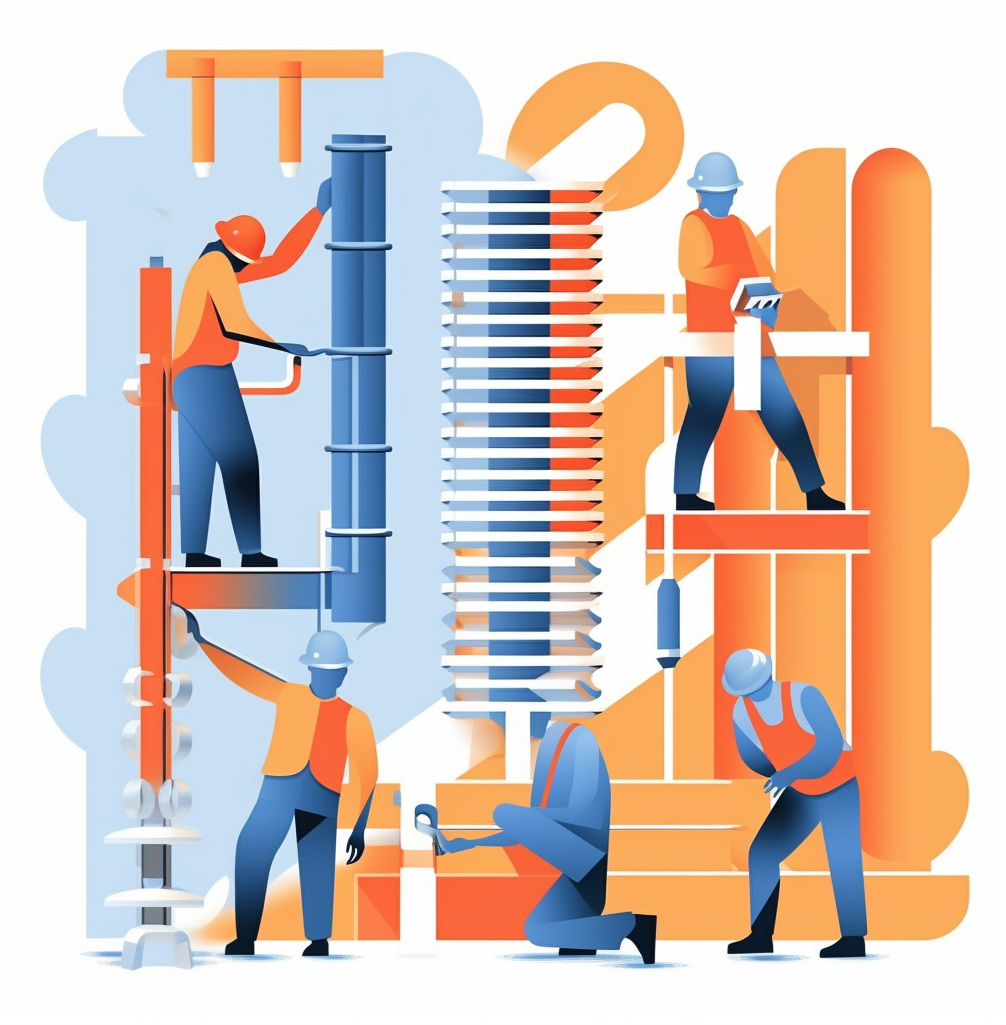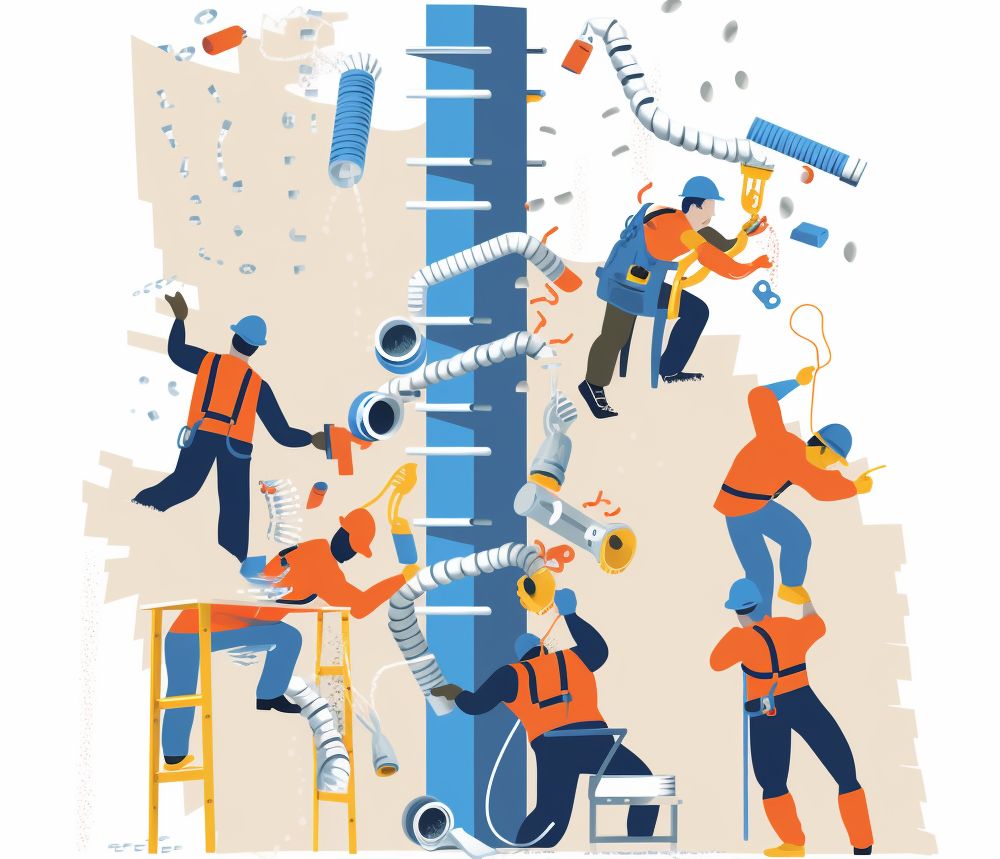MVHR (Mechanical Ventilation with Heat Recovery) is an efficient ventilation system that has become increasingly popular in recent years. It is designed to provide fresh air while minimizing energy loss by recovering the heat from the outgoing air. This makes it an ideal solution for both residential and commercial buildings.
MVHR systems are particularly suitable for new build or retrofit projects where a high level of energy efficiency is desired. They can be installed in a variety of buildings including single-family homes, apartments, schools, hospitals, and offices. These systems can also be integrated with other renewable energy technologies such as solar panels or ground source heat pumps to further improve energy efficiency.
There are several types of MVHR systems available, including the passive, balanced, and demand-controlled ventilation systems. Passive systems rely on natural airflow, while balanced systems use mechanical fans to draw in fresh air and expel stale air. Demand-controlled systems, on the other hand, use sensors to detect changes in indoor air quality and adjust ventilation rates accordingly.
Passive MVHR systems are the simplest and most cost-effective option. However, they are limited in terms of ventilation rates and require a high level of airtightness in the building envelope. Balanced and demand-controlled systems offer greater control over ventilation rates and are better suited to larger buildings.
The advantages of MVHR systems are numerous. They provide a constant supply of fresh air, reducing the risk of indoor air pollution and improving overall indoor air quality. They also help to reduce energy bills by recovering up to 95% of the heat from the outgoing air. This makes them a more sustainable and cost-effective solution compared to traditional ventilation systems.
In comparison to other ventilation systems, such as natural ventilation or mechanical extract ventilation, MVHR offers several advantages. Natural ventilation relies on unpredictable weather patterns and can be affected by noise pollution, whereas MVHR provides a constant supply of fresh air regardless of external conditions. Mechanical extract ventilation, while effective at removing stale air, does not provide the same energy efficiency benefits as MVHR.



